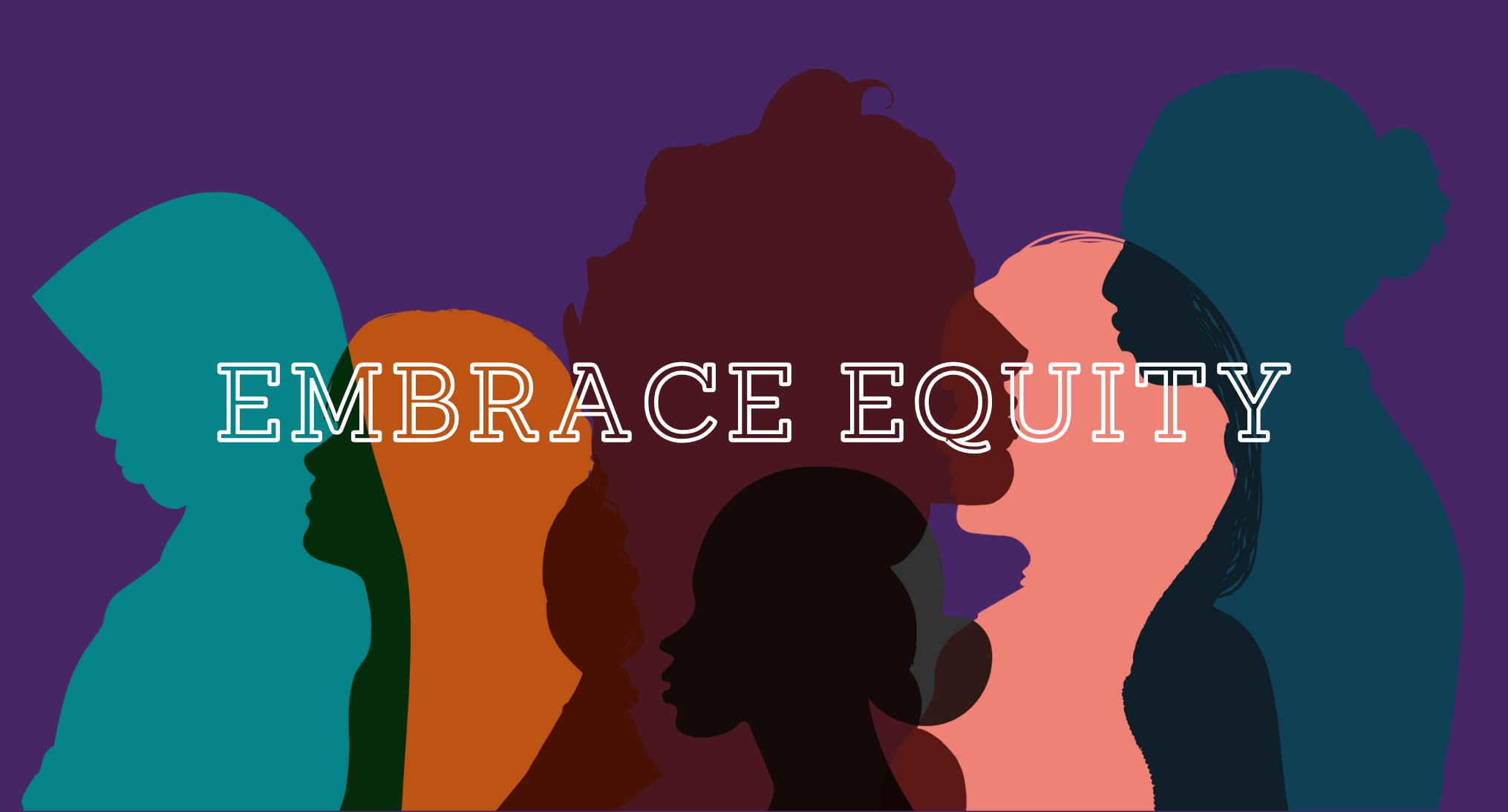
Women have been excelling in all areas and have been standing equal to their counterparts. There is a reduced disparity in education, health care, or discrimination based on gender. The same progress has been seen in the field of genomics. In the last 5 years, accessibility and affordability of genetic testing have increased tremendously, reaching out to populations in most urban centers and small towns. As the medical fraternity is understanding the utility of genetics we are able to break barriers of geographical and economical divide.
However, what about the ones who present in clinics or take up genetic testing? Are they facing discrimination within their family, society, medical fraternity, or workplace? We as genetic counselors meet families from different social, cultural, linguistic, and even national backgrounds. We find that women are still stigmatized due to medical, and physical appearance, or their personal choices.
Women undergoing genetic testing due to family history or due to a previously affected child when found to be a carrier are often blamed for passing on the disease-causing gene. She is often subjected to guilt and shame. Families of many women who are carriers also find it difficult to find suitors for marriage. They are often discriminated against based on their genetic makeup.
Vitiligo, for instance, is a multifactorial disease that has both genetic and non-genetic risk factors. However, family history alone does not determine the possibility of developing vitiligo. Women with a family history of vitiligo are scrutinized and sometimes alliances are rejected due to their risk of possibly developing vitiligo. Women have often been excluded from genetic counseling and their consent has been lacking for genetic testing to proceed.
We live in an era where women vocally choose to be child-free , for reasons varying from prioritizing career, self-care, finances, or environmental sustainability. When a woman, who has made a personal decision to remain child-free, requires a hysterectomy for medical reasons, it can be disheartening for her to face questioning or judgment.
Another community that remains underserved is the LGBTQIA+ community. Trans women require the support of the medical team for surgery, hormonal treatments, psychological support as well as inclusion from society. However, very few resources are available for them. Recently, the municipality of Mumbai has opened a special transgender ward to address some of these concerns. Even though a great initiative by the government, it did not see many patients. This emphasizes the need for awareness and sensitizing our communities.
Many of these social, and psychological concerns including legal, ethical issues of inclusion and consent are brought up in genetic counseling sessions. Genetic counselors are adept at being sensitive towards such issues during the session. Genomics for everyone - let's include every one in this journey, regardless of their gender or identity. Our efforts must be to bring genetic testing to all and to compassionately include people without judgment, bias, or discrimination.
This Women’s Day, remind your partner, mother, aunt, neighbor, or friend to embrace the opportunity to know themselves with the help of genomics. Let's include everyone in the journey of wellness! Watch her thrive! No judgment. No bias. No discrimination.

